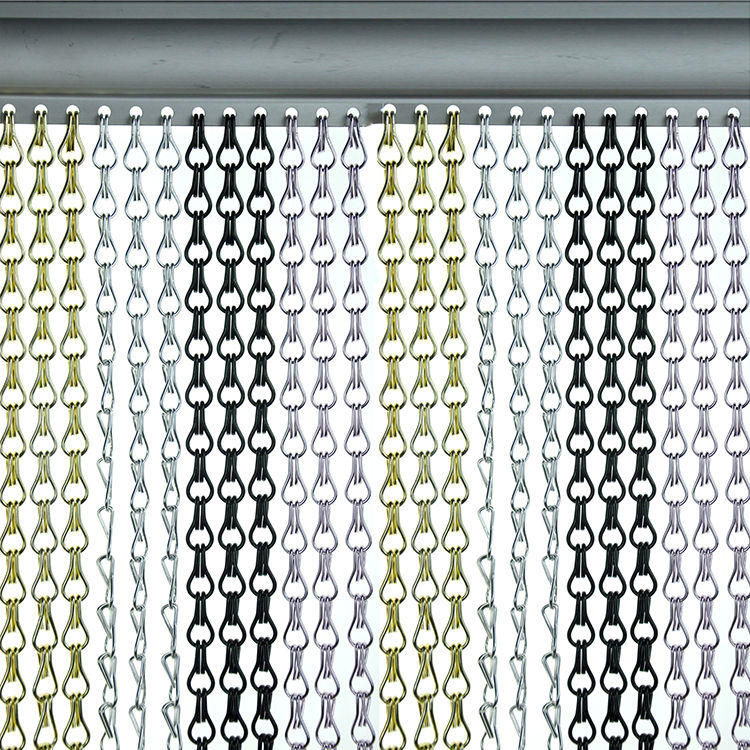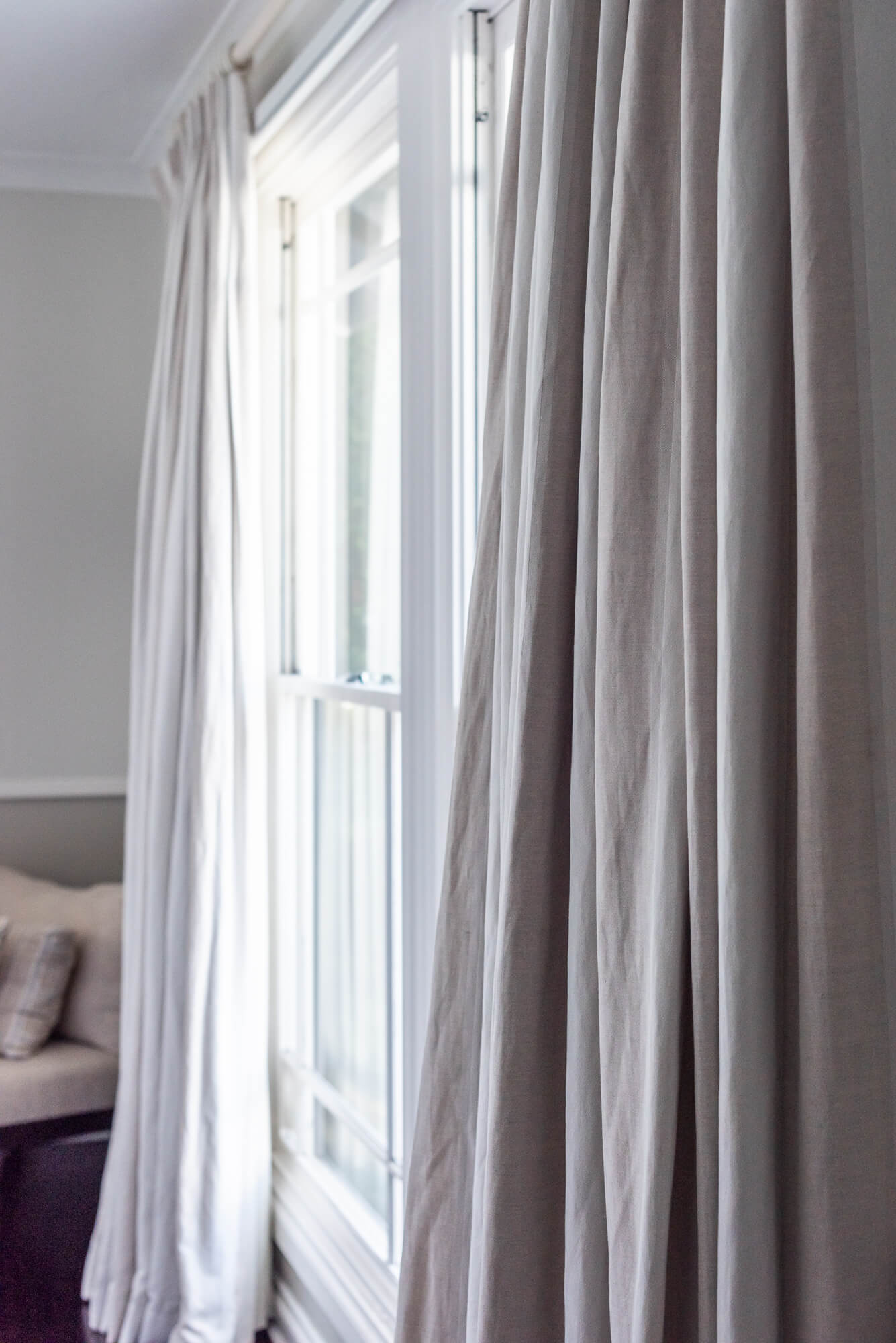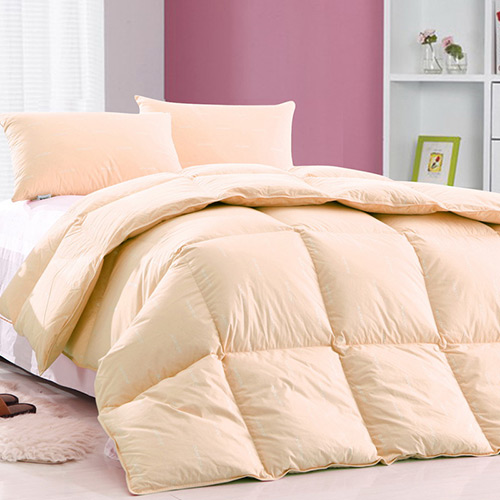The materials of Curtains
Curtains are used to block light, provide privacy, and protect against heat and cold. They are usually made of cloth, but can also be made of plastic, metal, or wood. The materials used to make curtains vary depending on the intended purpose and the desired aesthetic. For example, if the curtains are going to be used in a kitchen or bathroom, where they will be subjected to heat and moisture, they should be made of a more durable material like vinyl or metal. On the other hand, if the curtains are for a bedroom or living room, where they will primarily be used for blocking light and providing privacy, they can be made of a lighter and more decorative material like cotton or silk.
Curtains are essential elements of a household, providing privacy, blocking light, and adding to the overall decoration of a home. The material of curtains can affect their functionality, lifespan, and aesthetics. Therefore, it is essential to choose the right material for your curtains based on your specific needs and preferences.
One of the most common materials for curtains is cotton. Cotton is a natural, breathable material that provides good insulation from light and heat. It is also easy to clean and maintain, making it a good choice for families with children or pets. However, cotton curtains may not be as durable as some other materials, and they may not provide as much privacy as desired.

Another common material for curtains is polyester. Polyester is a synthetic material that is known for its durability and resistance to stains and fading. It provides good insulation from light and heat, and it is easy to clean and maintain. However, polyester curtains may not be as breathable as cotton, and they may not provide as much privacy as desired.
If you are looking for a more luxurious feel for your curtains, you might consider silk or velvet. These materials are both beautiful and provide excellent insulation from light and heat. However, they are also more expensive than some of the other materials mentioned. Additionally, silk and velvet curtains require more care and maintenance to keep their quality and appearance.
Another consideration when choosing curtain material is the size of your windows. Large windows may require a heavier and more durable material to provide enough privacy and insulation. On the other hand, small windows may not need as much material to achieve the same results.

Finally, when choosing curtain material, you should also consider your personal style and preferences. Different materials can provide different looks and feels to a room. For example, cotton curtains can provide a more natural and relaxed feel, while polyester curtains can provide a more modern and sleek look.
In conclusion, choosing the right material for your curtains is an important decision that can affect their functionality, lifespan, and aesthetics. Consider your specific needs and preferences when making this choice to ensure that you end up with a set of curtains that you will be happy with for many years to come.
Articles related to the knowledge points of this article:
Title: Mastering the Art of Tie Knots: A Comprehensive Guide to Tying a Tie Perfectly
The Art of Pairing Blue Suits: A Guide to Perfect Tie Accessory Selections
Title: The Art of Choosing the Perfect Tie: A Guide to Finding the Best Brand



